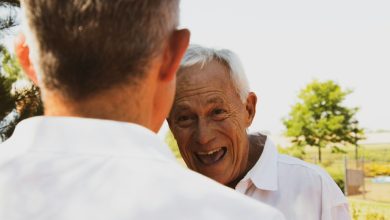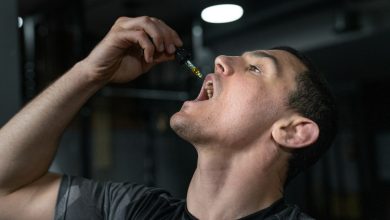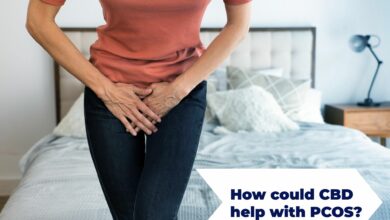
Compelling evidence has come to light from research-based in Israel backing the therapeutic use of medical cannabis and cannabidiol (CBD) for young people with autism. Clinical studies in using CBD for children with Autism Spectrum Disorder (ASD) has begun its preliminary stages of research. This is being conducted to show how the medical cannabis extract helps with some of the commonly exhibited symptoms of the disorder.
Researchers based in Israel tested oral CBD on 53 children (45 males and 8 females with ages ranging from 4 to 22) from lengths of time ranging from 31 to 588 days and closely studied the effects it had upon hyperactivity, sleep issues, anxiety, rage attacks and self-injury. They also closely monitored any side effects exhibited that could have been caused by CBD.
Table of Contents
CBD and its effects on autism in children
A CBD oil solution was prepared by approved medical supper Tikan Olam Inc. which contained CBD at a 30% concentration plus a 1.5% concentration of the psychoactive cannabinoid tetrahydrocannabinol (THC). Ensuring no more than a dosage of 600mg of CBD and 40mg of THC were consumed daily. The parents of the test subjects were subject to an introductory meeting in which they were taught how to correctly administer the solution sublingually (under the tongue) by a nurse practitioner.
Each of the participating parents was called twice per week and was asked to grade the various symptoms as either improved, no change or worsening. The results were as follows:
- Self-injury & Rage Attacks – 67.6% improved and 8.8% worsened;
- Hyperactivity – 68.4% improved and 2.6% worsened;
- Sleep Problems – 71.4% improved and 4.7% worsened;
- Anxiety – 47.1% improved and 23.5% worsened;
- Overall Improvement – 75.5% improved and 2% worsened.
The remaining % within each category either showed no improvement or were inconclusive.
None of the children had extreme adverse side effects or were stopped from having the treatment for any reason, which only confirms the safety of CBD. Some side effects were exhibited, with somnolence (sleepiness) being the most apparent at 23% and a decrease in appetite next at 11%.
Where does research for autism and CBD go from here?
This is the first instance in which research has been published on using CBD to help the symptoms of autism. The results are very positive towards medical cannabis and CBD but it is clear that this is the first initial study of many.
Firstly, all of the research was based upon parental reports and there was no control group. To improve upon this, future studies could involve a scientific-based method for evaluating the change in symptoms as opposed to just basing it on the caregiver’s opinion. However, this could prove challenging for future research because the symptoms of Autism Spectrum Disorder are known to be worsened through changes in the patient's environment. To further improve the research, the sample size of 53 could also be increased and some of the participants need to be used as a blind control group to eliminate any placebo effects.
Final Thoughts
The study is definitely only a preliminary case study and the information should be treated as such. However, 75% of caregivers reported on overall improvement in the quality of life of patients with autism thanks to CBD, which definitely warrants the need for more clinical research trials to be conducted in this area. It also gives rise for more studies to be conducted on using CBD benefits for a range of other conditions.





